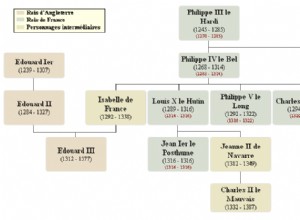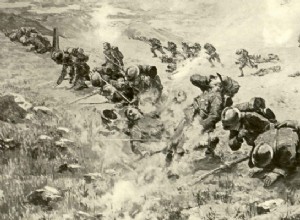The Vikings series and The Last Kingdom, the latter based on the books by Bernard Cornwell and of which the fourth season has just been released on Netflix, have made the story of the struggles between Saxons and Vikings for dominance of England very topical. There are two entries on the subject i




